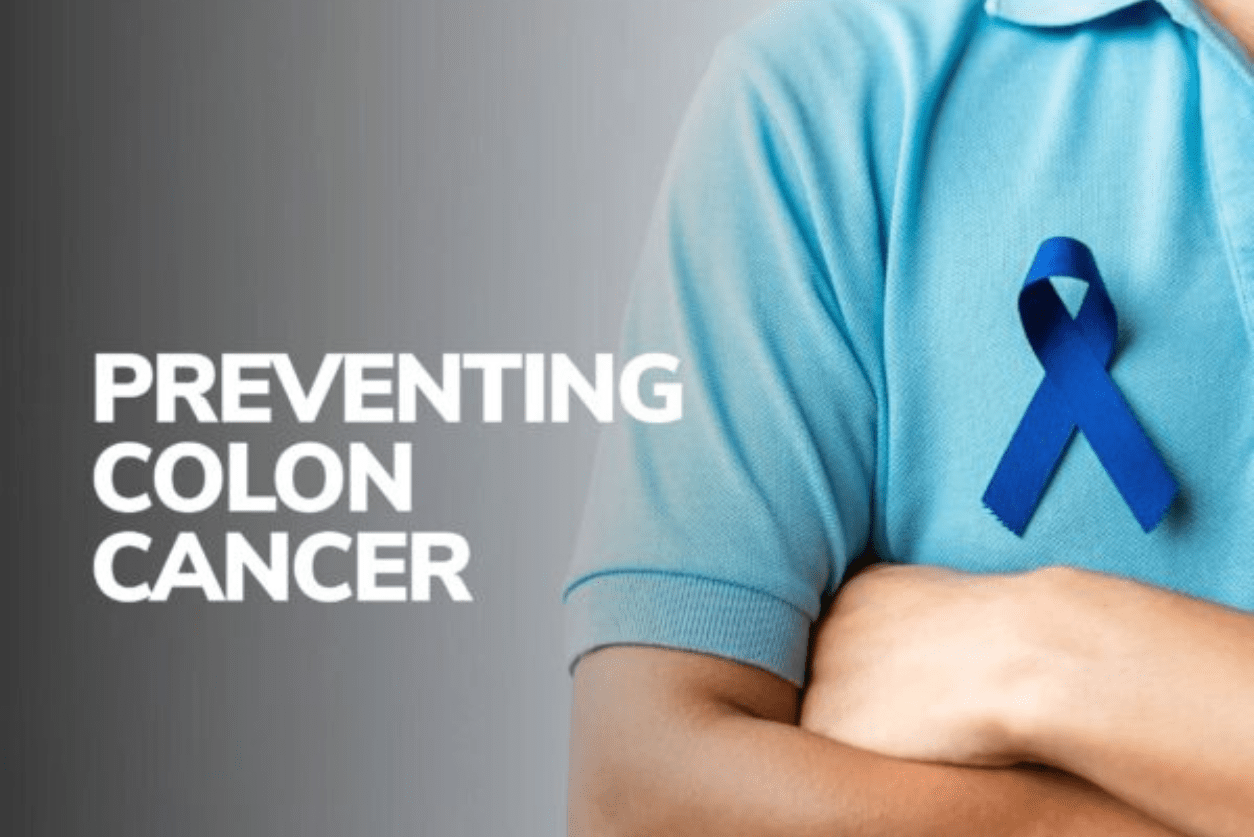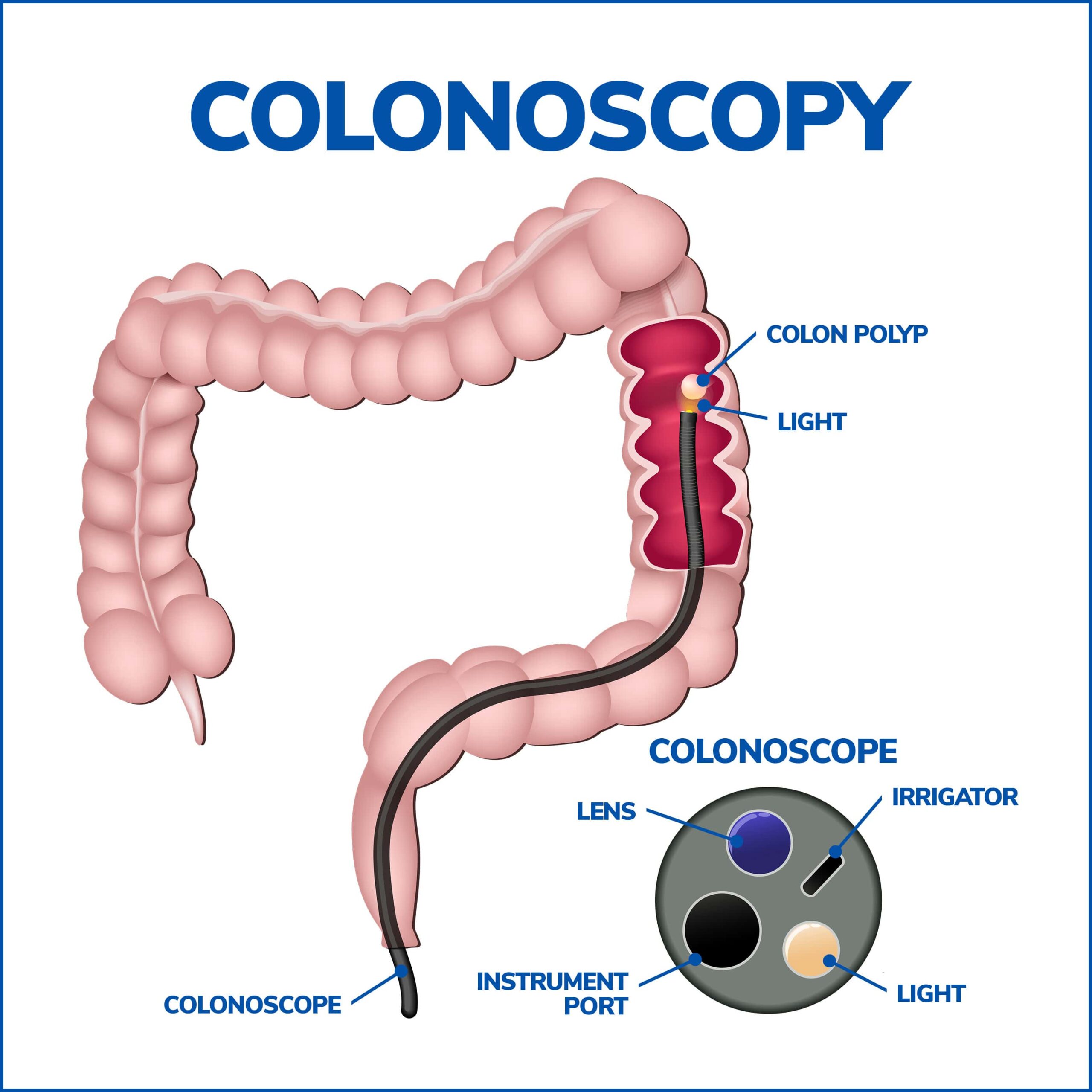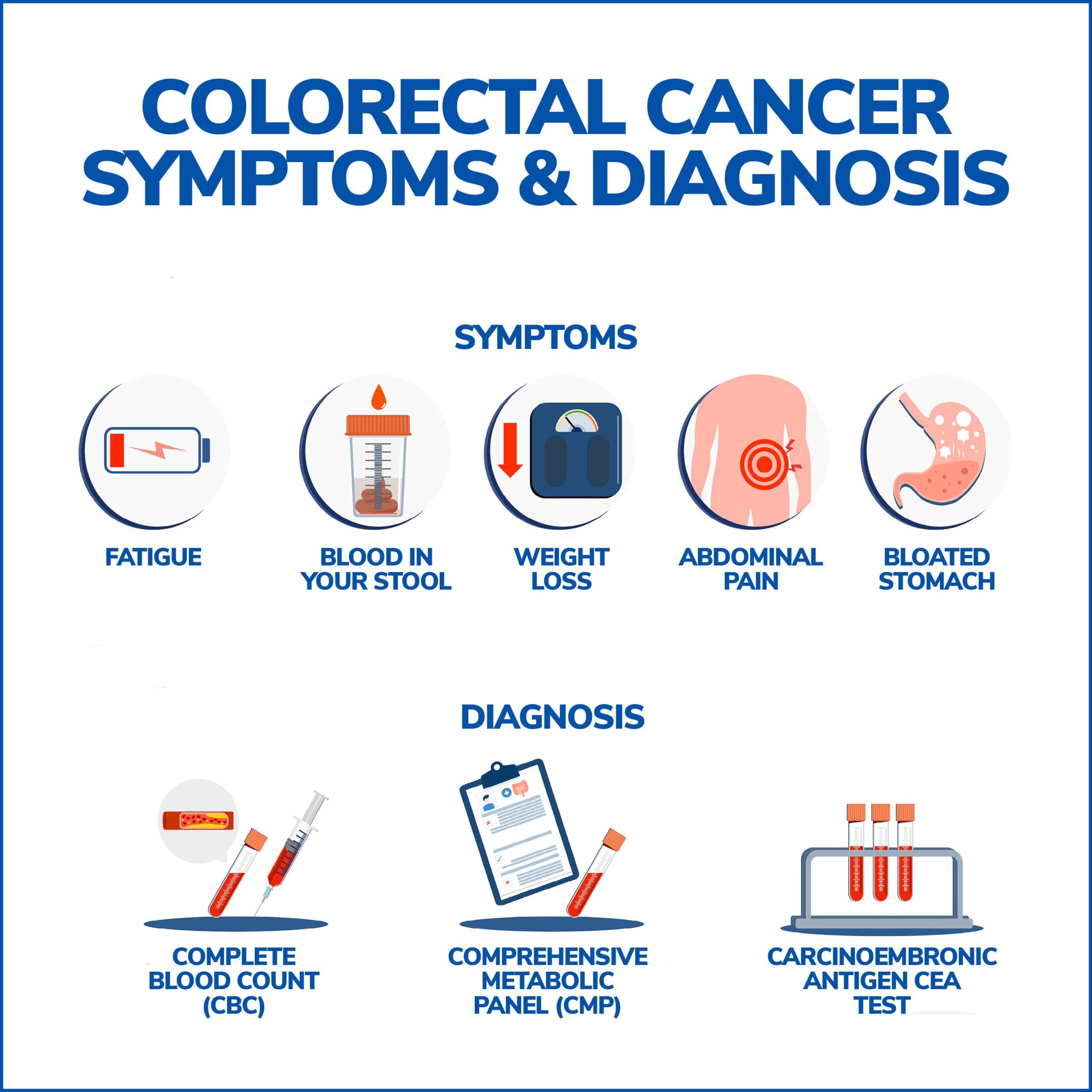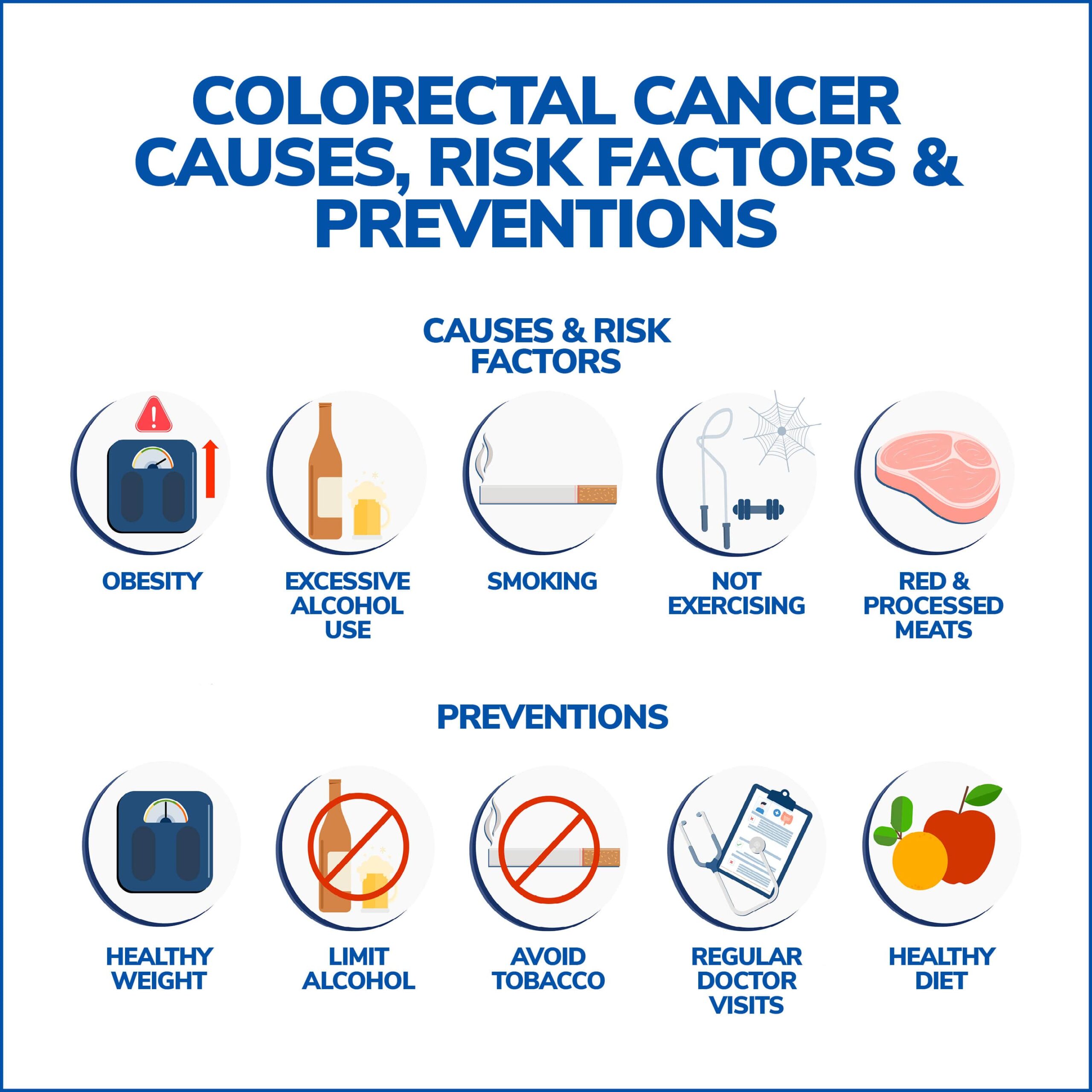
Preventing Colon Cancer: Lifestyle Choices and Screenings that Make a Difference
Colorectal cancer, also known as colon cancer, is a significant health concern. It can be highly preventable through healthy lifestyle choices and regular screenings. Adopting a proactive approach to your health and making informed decisions can significantly reduce your risk of developing this type of cancer.
Understanding Colorectal Cancer
Colorectal cancer originates in the colon or rectum, both of which are part of the large intestine. One of the most common types of cancers worldwide, colon cancer often begins as small, noncancerous (benign) clumps of cells called polyps that form inside the colon. Over time, some of these polyps can develop into cancerous cells.

The Role of Lifestyle Choices
- Stop Smoking: Smoking is a harmful habit that can increase the risk of developing colorectal cancer. Quitting smoking can reduce your risk.
- Limit Alcohol Intake: Excessive alcohol consumption has been linked to an increased risk of colorectal cancer. It’s important to drink alcohol in moderation or avoid it altogether to lower your risk. Speak with your gastroenterologist to determine what is considered a safe level of alcohol intake for you.
- Consume a Healthy Diet: A healthy diet helps prevent colorectal cancer. Focus on having a balanced diet of fruits, vegetables, and whole grains. These foods are packed with essential vitamins, minerals, and antioxidants that can help protect against cancer. Limit your intake of red and processed meats, as they have been shown to increase the risk of colorectal cancer.
- Exercise Regularly: Regular physical activity has been associated with a reduced risk of colorectal cancer. Aim for at least 150 minutes of moderate-intensity or 75 minutes of vigorous weekly exercise. Find activities you enjoy, such as walking, jogging, swimming, or cycling, and make them a part of your daily routine.
- Maintain a Healthy Weight: Being overweight or obese is a known risk factor for colorectal cancer. By maintaining a healthy weight, you can significantly reduce your risk. Focus on achieving a balanced diet, engaging in regular physical activity, and seeking support from healthcare professionals if needed.

The Importance of Screenings
Besides making healthy lifestyle choices, regular screenings are essential for the early detection and prevention of colorectal cancer. These screenings can identify polyps or early-stage cancer, providing timely intervention and treatment. Let’s explore the different screening options available:
- Colonoscopy: A colonoscopy is considered the gold standard for colorectal cancer screening. During this procedure, a doctor examines the entire colon using a flexible tube with a camera. If any polyps or abnormalities are detected, they can be removed or biopsied for further analysis. The American Cancer Society recommends that most individuals at average risk begin screening at age 45. Screening may start at an earlier age for those with specific risk factors, such as a family history of colon polyps or cancer.
- Flexible Sigmoidoscopy: A flexible sigmoidoscopy is a screening test that examines the rectum and lower part of the colon. Although it doesn’t provide a complete view of the entire colon like a colonoscopy, it can still detect polyps and cancers in the lower part. This procedure is typically recommended every five years in conjunction with stool-based tests.
- Stool-Based Tests: Stool-based tests are non-invasive methods of screening for colorectal cancer. These tests detect blood or genetic markers in the stool that may show the presence of polyps or cancer. Examples of stool-based tests include fecal immunochemical tests (FIT) and DNA-based tests. If these tests yield positive results, a follow-up colonoscopy is typically recommended.
Prioritizing Prevention in Colon Cancer
Prevention and early detection are critical. You can significantly reduce the likelihood of developing this disease by making certain lifestyle choices, understanding risk factors, and undergoing regular screenings. Here are some prevention strategies you should consider:
- Maintain a Healthy Gut Microbiome: Your gut microbiome plays a crucial role in overall health, including colorectal health. To maintain a healthy gut microbiome, consume a fiber-rich diet, fermented foods, and probiotics. These promote the growth of beneficial bacteria in the gut, which can help protect against colorectal cancer. Ask your gastroenterologist for recommendations.
- Manage Chronic Conditions: Chronic conditions such as inflammatory bowel disease (IBD) and diabetes can increase the risk of colorectal cancer. It’s essential to work closely with your gastroenterologist to manage these conditions and reduce their impact on your colorectal health.
- Know Your Family History: A family history of colorectal cancer or certain genetic conditions, such as Lynch syndrome, can increase your risk. If you have a family history of colorectal cancer, it’s essential to inform your gastroenterologist so that appropriate screening measures can be taken.
- Stay Informed and Educated: Regularly educate yourself about the latest research and recommendations about colorectal cancer prevention. Stay updated with screening guidelines and advancements in the field to make informed decisions about your health.
- Embracing Mental and Emotional Well-being: The journey to preventing colorectal cancer isn’t just about physical interventions. Your emotional and psychological well-being plays a pivotal role, too.
- Stress Management: Chronic stress can affect the body in many ways, including hampering the immune system, which is vital in fighting against diseases like cancer. Relaxation techniques such as meditation, deep breathing exercises, and regular breaks can help ensure that your stress levels remain in check.
- Seek Support: Talking about your concerns related to colorectal cancer, especially if you have a family history, can be therapeutic. Whether joining support groups, seeking counseling, or simply discussing with friends and family, verbalizing your feelings can provide clarity and emotional relief.
- Educate and Empower: Knowledge truly is power. The more you understand about colorectal cancer, its risks, and preventive measures, the more empowered you’ll feel in your daily choices. This empowerment can translate to an increased sense of control and decreased anxiety about the condition.

Embracing both your physical and emotional health can provide a holistic shield against the risks of colorectal cancer. The journey to prevention is ongoing, but every positive step you take is a stride towards a healthier future.
Contact Us
Preventing colorectal cancer requires a multifaceted approach that combines healthy lifestyle choices and regular screenings. By making positive changes to your diet, exercising regularly, maintaining a healthy weight, and avoiding harmful habits like smoking and excessive alcohol consumption, you can significantly reduce your risk.
Our team of experts is here to help diagnose and treat your condition with the utmost care and expertise. Our practice began more than 15 years ago and has emerged as one of the leading gastroenterology practices in central Florida. We perform a host of diagnostic procedures using state-of-the-art equipment in a friendly, comfortable, and inviting atmosphere where patient care is always a top priority. Contact us today!